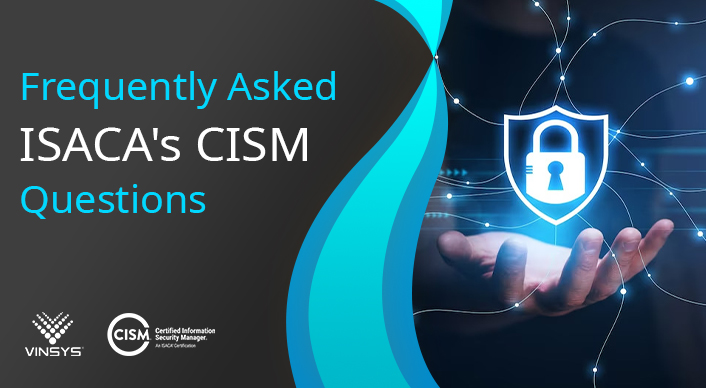Counter checks are a type of temporary check provided by banks to customers who need immediate access to their funds but don’t have personalized checks readily available. They are typically issued at the bank’s counter and serve as a substitute for regular checks until personalized ones can be obtained. In this article, we will explore the purpose and use of counter checks, what are counter checks, and shed light on this convenient banking instrument.
What are counter checks and Counter checks are often used in situations where individuals need to make payments or transactions but don’t have their checkbooks with them. For example, if you recently opened a new bank account and haven’t received your personalized checks yet, or if you’ve run out of checks and are waiting for a new supply, counter checks can serve as a temporary solution.
These checks typically contain the essential information needed for a transaction, such as the account holder’s name, account number, bank’s routing number, and the bank’s address. However, they may not have the account holder’s name pre-printed on them, unlike regular checks. Instead, the account holder needs to write their name manually when using a counter check.
Counter checks are generally accepted by merchants, businesses, and individuals who honor regular checks. They can be used for various purposes, such as paying bills, making purchases, or writing personal checks to individuals. However, it’s important to note that some entities may have specific policies regarding the acceptance of counter checks, so it’s advisable to inquire beforehand.

While counter checks provide temporary access to funds, they have certain limitations. Firstly, they are often subject to a daily or transactional limit set by the bank. This means that there may be a cap on the amount of money you can withdraw or pay using a counter check. Additionally, counter checks may have a limited validity period, after which they may no longer be accepted.
It’s important to remember that counter checks do not offer the same level of security and verification as personalized checks. They lack security features such as printed account holder names, watermarks, or anti-fraud measures typically found on regular checks. Therefore, it’s crucial to exercise caution and ensure the safekeeping of counter-checks to prevent unauthorized use.
If you find yourself in need of counter checks, it’s advisable to contact your bank directly and inquire about their availability and procedures. Some banks may charge a fee for issuing counter checks or have specific requirements, such as a minimum account balance. Being aware of these details will help you navigate the process smoothly.
Counter checks are typically printed on plain paper and may have a simple design with basic bank information. They are often perforated, allowing for easy tearing and separation from the checkbook. Some counter checks may also include a designated area for the account holder to write the payment amount and recipient’s name.
When using a counter check, what are counter checks it’s important to record the transaction in your checkbook register or keep a separate record of the transaction to ensure accurate account balance tracking. This will help you maintain financial organization and avoid any potential overdraft or confusion when reconciling your bank statements.
While counter checks can be a convenient solution for immediate access to funds, it’s important to obtain personalized checks as soon as possible. Personalized checks not only provide enhanced security features but also offer a more professional and formal means of payment. They also typically include the account holder’s name, address, and other contact information pre-printed on the check.

If you frequently find yourself in situations where you need quick access to checks, it may be worth considering alternative payment methods such as mobile banking apps or online bill payment services. These options provide convenient and secure ways to make payments without relying solely on checks.
In summary, counter checks serve as temporary checks issued by banks when personalized checks are not readily available. They offer a convenient solution for immediate access to funds and can be used for various transactions. However, it’s important to be aware of their limitations, keep accurate records of transactions, and obtain personalized checks as soon as possible. By understanding the purpose and use of counter checks, you can effectively manage your financial transactions while ensuring the security and accuracy of your banking activities.
In conclusion, what are counter checks and counter checks are a temporary substitute for personalized checks, provided by banks to customers who need immediate access to their funds. They can be used for various transactions until regular checks become available. While they offer convenience, it’s important to be aware of their limitations and exercise caution when using them. If you find yourself in a situation where counter checks are necessary, reach out to your bank for guidance and adhere to their policies.















